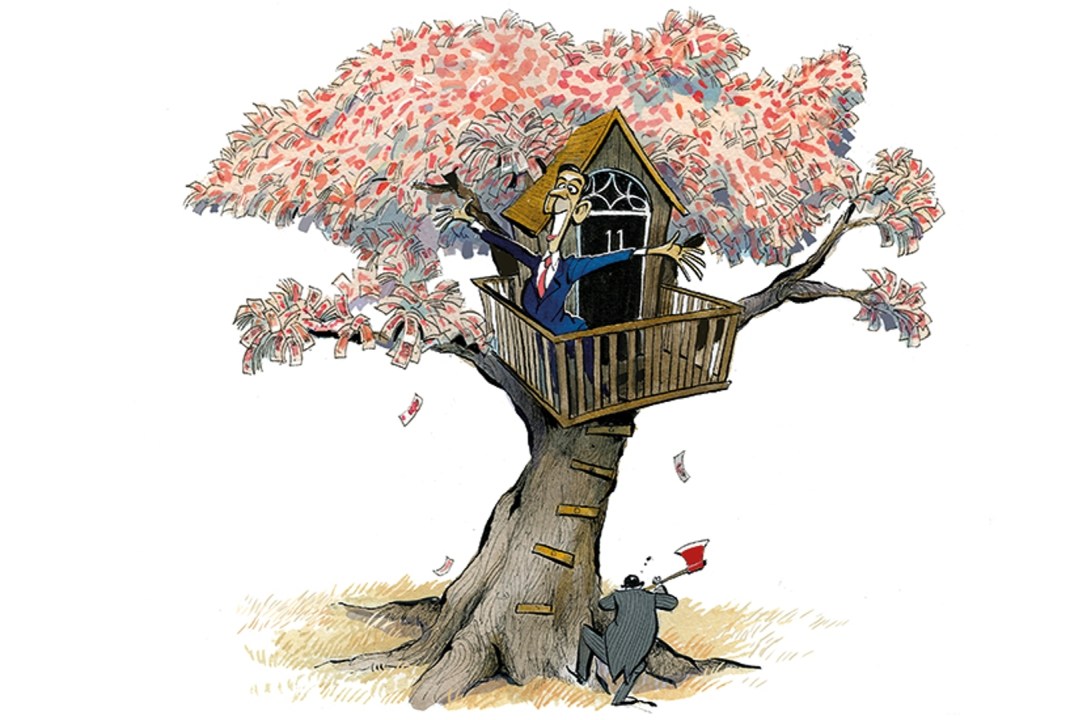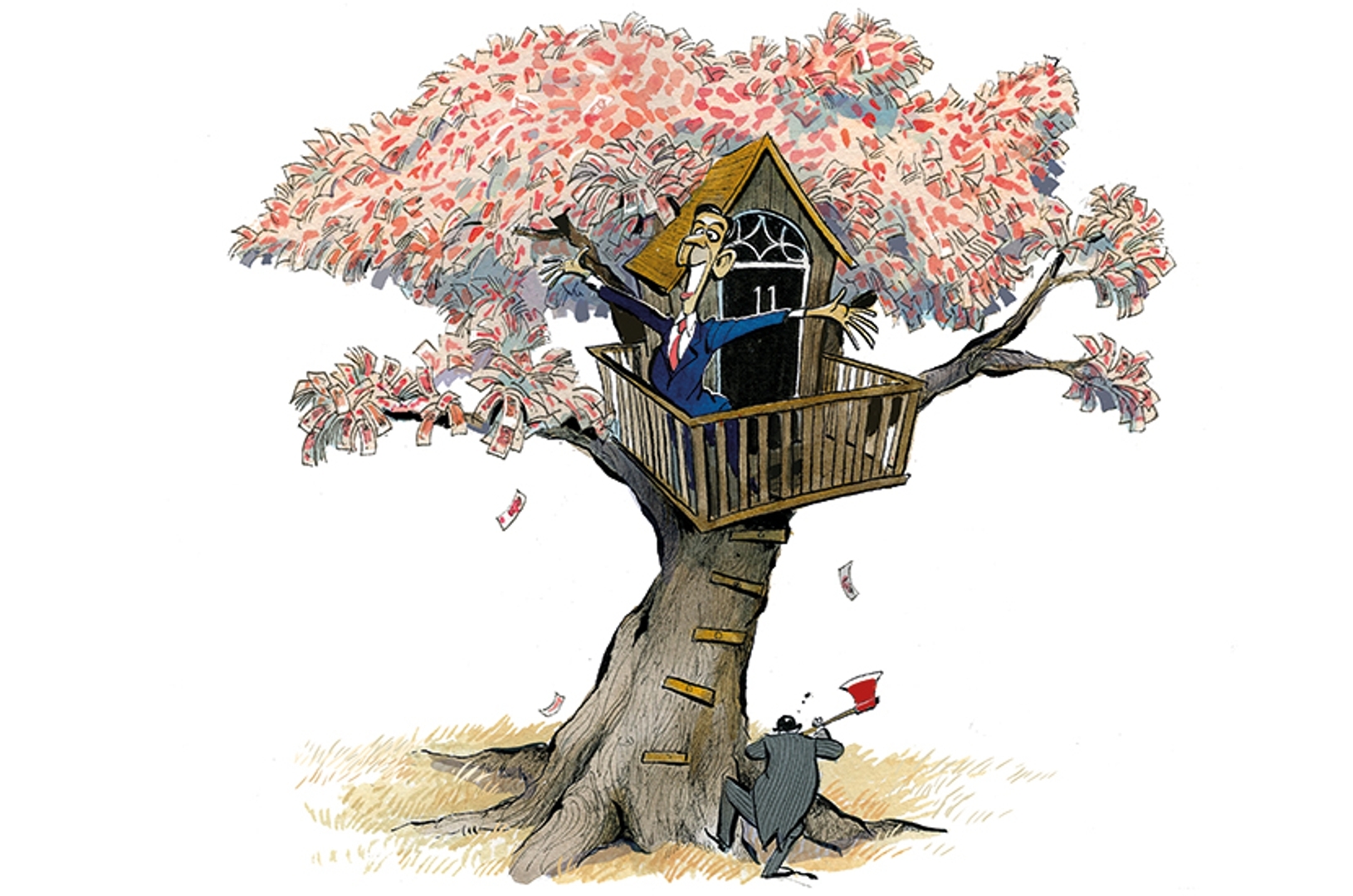Amidst all the explosive claims made by Dominic Cummings during today’s select committee hearing, one towards the beginning of the seven-hour session seemed rather unintentional. When asked by Rebecca Long-Bailey MP about what economic assessments were made when considering the first lockdown, Cummings responded that there was no straight-forward ‘document floating around’ which laid out the ‘economic costs’. He then alleged that conversations were taking place about removing the Bank of England’s independence:
‘It was the case that the Bank of England, the senior officials in the Treasury, senior officials in the Cabinet Office were saying, you know, we have to think about the consequence of, if we do this lockdown, we’re going to have to borrow huge amounts of money. What if the bond markets suddenly spike and go crazy and refuse to lend [to] us. We’re going to then have to find emergency powers to tell the Bank of England to buy the debt, etc. etc. So there were conversations going on at the time about that possible problem.’
According to Cummings, he and the Prime Minister, the Chancellor and the Cabinet Secretary were all involved in these discussions about what they would do if there was ‘a kind of financial crisis, and bond market crisis, and a sterling crisis on top of the whole health crisis’.
This is a major admission. Last summer The Spectator reported on tensions between the government and the BoE over the country’s spending spree: what would happen if the bank governor Andrew Bailey cut off Downing Street’s line of credit? A senior Tory figure warned at the time that, if that happened, it was ‘50/50 that No. 10 tries to renationalise the Bank of England’. Such an idea was thought to horrify the Treasury and was played down, not just as an undesirable outcome, but an unthinkable one. Yet Cummings’s claims today suggests this was a live debate at the height of the crisis – one that was being considered if the Bank of England didn’t play ball.
We know how the story played out: last year the BoE doubled the size of its Quantitative Easing programme, supplying the government with the cash it needed to get through the crisis. So far, the scenario Cummings and co. feared – that the Bank might not create the conditions to allow hundreds of billions of pounds to be borrowed – has not come to pass.
But Cummings’s claim raises big questions as to what threshold a future emergency might have to meet for the government to consider, once again, removing the Bank’s independence. Borrowing is forecast to be above £100 billion pounds this year and next, and will remain in the high tens of billions for the foreseeable future. Rishi Sunak’s March Budget set into motion tax rises and spending rollbacks (compared with pre-pandemic plans), yet this is still not enough to fund everything the government wishes to do – and needs to do to play catch-up after Covid.
Would nationalisation require another health emergency? Or might some MPs argue that the ‘climate emergency’ warrants a major shift in who controls the money supply? It’s thought that the Bank’s independence is a core part of its remit – and this reinforces confidence in the market to lend. With the government and the BoE so far seeing eye-to-eye on the financial handling of this crisis, this has yet to be tested. But after Cummings’s session today, we know this government is willing to ask that explosive question.








Comments